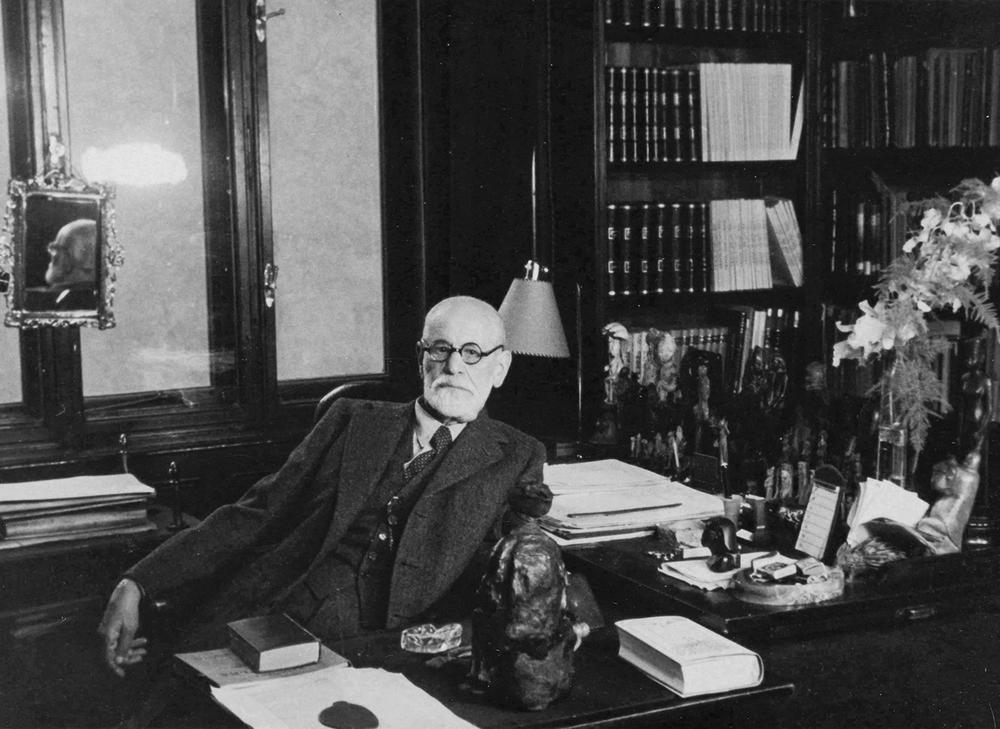
Freud and Narcissism
The term ‘narcissism’ is often used to accuse someone of being ‘wrapped up in themselves’. They are vain and self-absorbed, with a callous disregard for other people. Dalí sometimes described himself in these terms, and behaved accordingly.
But narcissism is also an essential aspect of human subjectivity.
For Freud, psychic energy can be directed either towards other people (as ‘object libido’) or towards our own selves (as ‘narcissistic libido’). Narcissism has to undergo a metamorphosis in order for us to relate to others, and may become the basis of homosexual or heterosexual attraction.
But it is not always obvious.
Freud sees narcissism in the love of parents for their children, projecting their unfulfilled wishes onto their offspring, while in adult life we can fall in love through an ‘attachment’ path or a ‘narcissistic’ one.
French psychoanalyst Jacques Lacan highlights a narcisisstic moment in his influential theory of the ‘mirror stage’. We are all captured by the image of ourselves to some extent.
Photograph of Sigmund Freud in the study at Berggasse 19, Vienna, c. 1936 © Freud Museum London